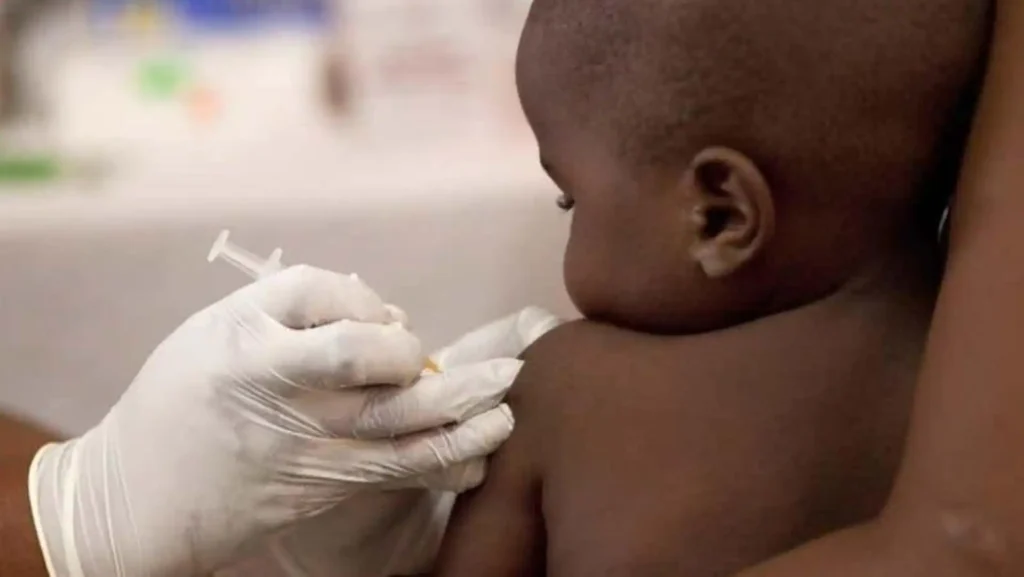
In Kenya, malaria remains the single biggest killer of children under five, claiming more than 10,000 young lives every year. For years, the most vulnerable newborns and infants weighing less than five kilograms, have had no approved treatment. Parents and doctors were forced to rely on adjusted doses of drugs meant for older children, a practice that carried dangerous risks of overdose and toxicity. Some had to take tablets broken into half, crashed to powder and dissolved in water or juice for consumption.
The gap has finally been closed. A new infant-friendly malaria treatment, developed through African-led clinical trials and global partnerships, has been approved for use. The formulation, artemether-lumefantrine, is specially designed for the youngest patients: it dissolves in breast milk, has a sweet taste to ease swallowing, and is both safe and effective.
Kenya is one of eight African countries that took part in the landmark studies, working alongside Burkina Faso, Côte d’Ivoire, Malawi, Mozambique, Nigeria, Tanzania, and Uganda. Their participation demonstrates Africa’s growing leadership in health research and innovation.
“This is a turning point. Even the smallest infants, can now access proper treatment,” said Dr. Jean Kaseya, Director General of the Africa CDC, who hailed the milestone as a victory for equity in healthcare.
Novartis, in partnership with Medicines for Malaria Venture, plans to roll out the treatment on a primarily not-for-profit basis in malaria-endemic regions. With nearly 30 million babies born each year in these regions.
The Africa CDC has pledged to support member states in updating clinical guidelines, training health workers, and ensuring equitable access.


